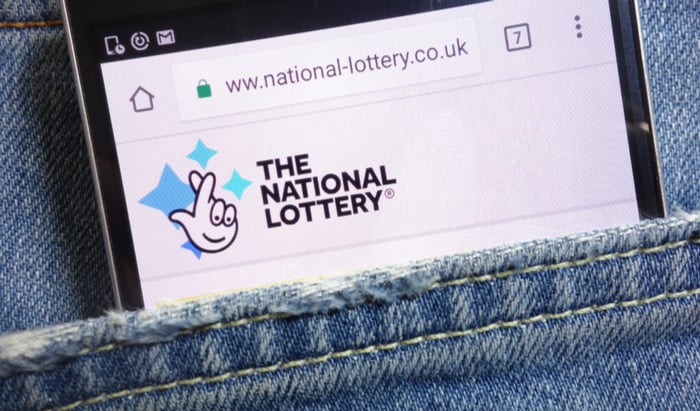Oliver Dowden, Secretary of State for Digital, Culture, Media and Sport (DCMS) has announced today that the UK Government will be raising the National Lottery age limit from 16 to 18.
The government confirmed the move – designed to help protect young people from gambling-related harm – in a statement released alongside news from the DCMS that it has launched a review of the Gambling Act 2005.
Since it began in 1994, the National Lottery’s games portfolio has changed significantly with a growing trend towards online play and instant win games like scratchcards, making it more accessible to young people.
Working alongside the UK Gambling Commission and Camelot, the government plans to roll out the new age limit ‘as quickly as possible’, with online lottery sales to 16 and 17 year olds banned from April 2021.
Nigel Huddleston, Minister for Sport, Tourism and Heritage, said: “We’re committed to protecting young people from gambling-related harm which is why we are raising the minimum age for the National Lottery.
“Patterns of play have changed since its inception, with a shift towards online games, and this change will help make sure the National Lottery, although already low-risk, is not a gateway to problem gambling.”
Camelot might find it difficult to meet the October 2021 deadline as, last week at an All-Party Parliamentary Groups session, CEO Nigel Railton stated it could take a year for the lottery operator to enforce an under-18s lottery ban.
Railton said: “Nothing we can do is overnight. We just can’t do things overnight. It’s not a small task, it’s going to cost about £6m to do it. And it’s not the money, it’s just we’re in the middle of this COVID crisis.
“We’ve got a lot of priorities, this is one of them, and the sooner we get clarity, the sooner we’ll get on with it.”
However, MPs dismissed the Camelot CEO’s suggestion as ‘wholly unacceptable’ and ‘farcical’ while the lottery operator stated it was looking into ways to speed up the process.
A spokesperson from the Gambling Commission said on the government’s Gambling Act review: “We welcome the government’s review of the Gambling Act which will also consider our powers and resources.
“Our job is to make gambling safer and the Review creates an opportunity to build on the progress we have made to protect players and the public – such as strengthened age and identity verification, strict new guidance for so-called VIP schemes and banning gambling with credit cards.
“As the statutory adviser to the Secretary of State we look forward to contributing our advice to help with the government’s review and we will continue our close working relationship with DCMS as the Review proceeds.
“We’ve made it clear to gambling operators that we will continue to work at pace to take action to protect consumers while the Review of the Gambling Act is underway.”
Visit SBC News for the full story of the DCMS’s review of the Gambling Act.
Chris Murphy: The National Lottery has enjoyed a privileged position in the UK gambling space by virtue of its ability to sell its products to players aged 16 years and over. Much of that lies with its charitable status as a driver of funding for good causes.
That rationale might have applied when the lottery was first launched, but with the untethered growth of its scratchcard and instant win offerings, it has found itself rubbing shoulders with the big commercial gambling firms. It has transmogrified into a bona fide gambling operator, and there is a price to pay for membership of that club.
As such, today’s news won’t come as any surprise to those firms currently vying for the National Lottery licence, but it will reinforce the message that significant work needs to be done to keep the Lotto fresh, relevant, attractive and, crucially, well-positioned to generate money for good causes.
Can it reinvent itself as a harmless flutter for the masses having enjoyed so much success with harder style gambling products in its portfolio and access to younger players? That might just be akin to putting the toothpaste back in the tube.




























